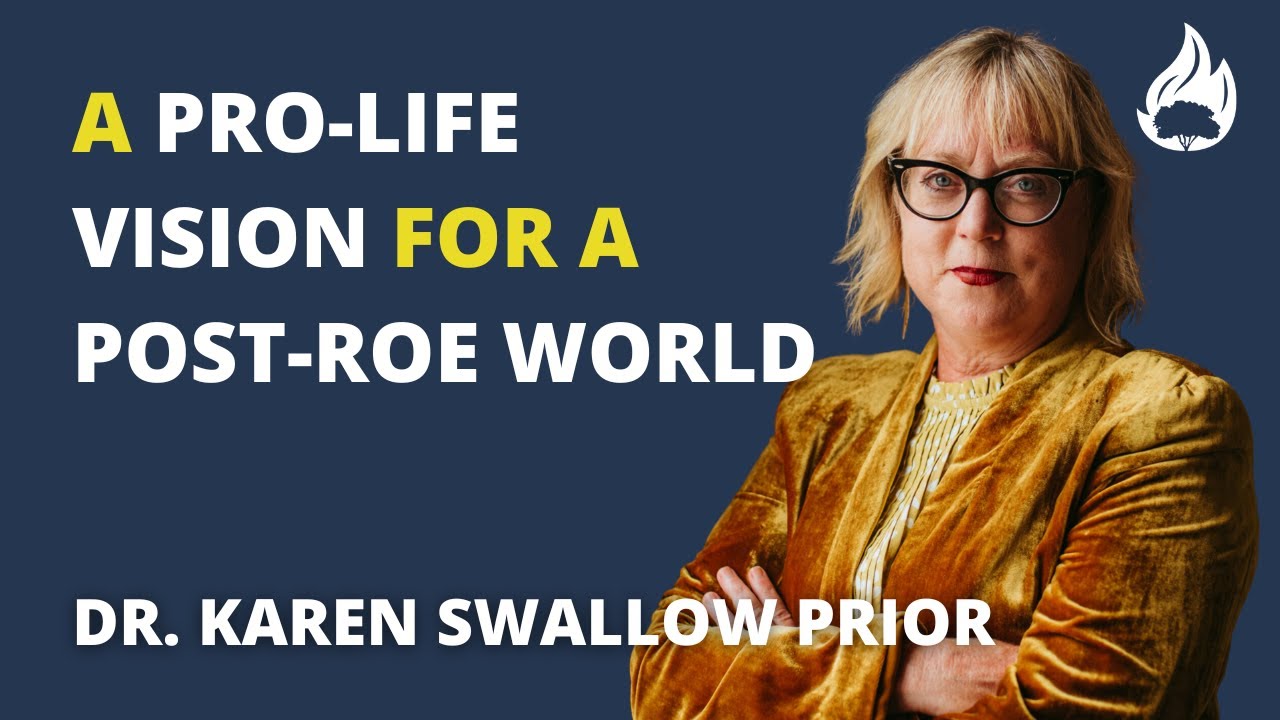Yes, I think that’s at the center of the debate. There are various proposals for how some humans are non-persons and are therefore not deserving of human rights.
I think there are secular arguments to respond to this. For instance, we can point to many human rights atrocities and note that, in each case, the violence was legitimated by defining the other human beings as non-persons. This should, perhaps, give us pause to deny personhood to the youngest members of the human species.
Theologically, however, we have very strong reasons to see every human being as intrinsically valuable. For instance, David Gushee writes,
God’s incarnation in Jesus Christ elevates the human worth and dignity not just of the one man, Jesus of Nazareth; not just of the woman who carried him, Mary, or the followers who believe in him, the church, but every human being everywhere on the planet at any time in human history. The incarnation elevates human dignity both retrospectively and prospectively. It elevates the dignity of every human being at every stage of existence, in part because the arc of Jesus’ own life included every stage of existence, from conception to death and even resurrection, which is our own destiny in Christ.
He goes on to argue:
The cross serves as a resource for life’s sanctity when it functions to ground and motivate compassionate concern and intervention on behalf of all those who suffer. That concern can be sharpened and extended in appropriate ways if it is taken to focus on those whose victimization occurs at the hands of the state, who are victims of unjust legal processes and suffer humiliation, abuse and torture or death. In other words, Christ’s innocent suffering and death leads to concern about the violation of life’s sanctity by those who hold political power and use it to oppress and abuse and degrade.
And, of course, there are many other theological reasons to value each human being. For instance, we are called to love our neighbors, not redefine them as non-persons, so as not to warrant our care.
A stirring thought. This debate can rage and be quite philosophical, but if we let it, it does open us up to our vulnerability, doesn’t it? Instead of seeking to control our environment, what if we responded to other human beings with our own weakness, dependence, and efforts to love?
